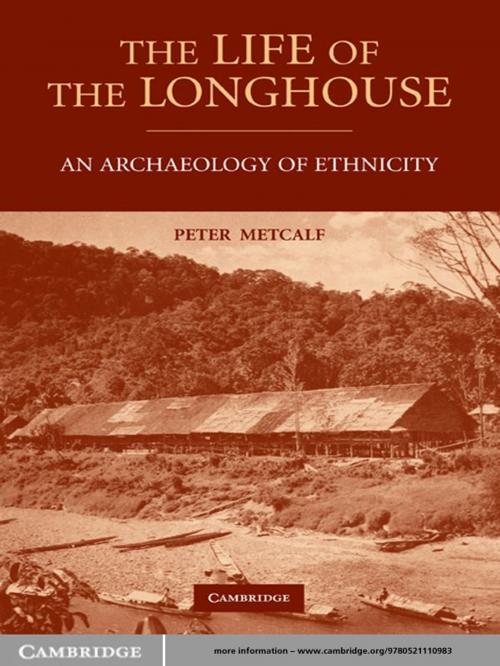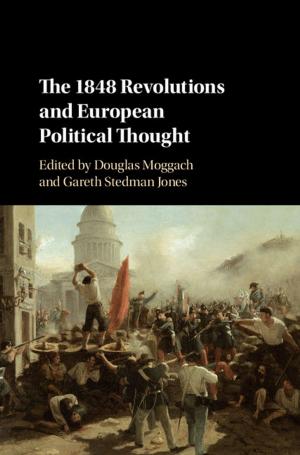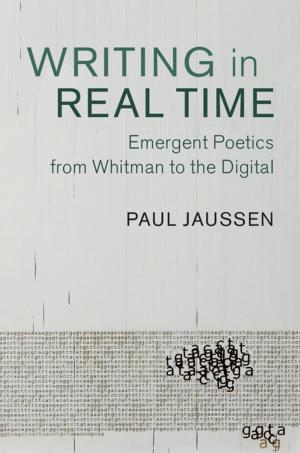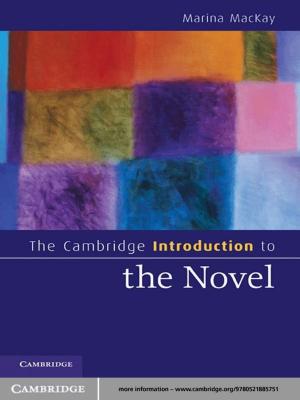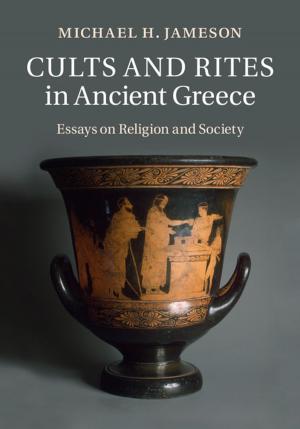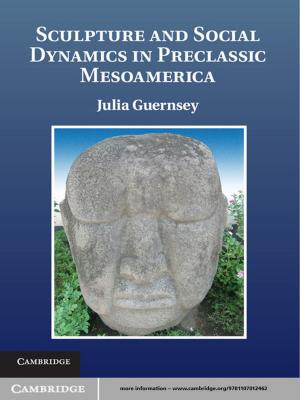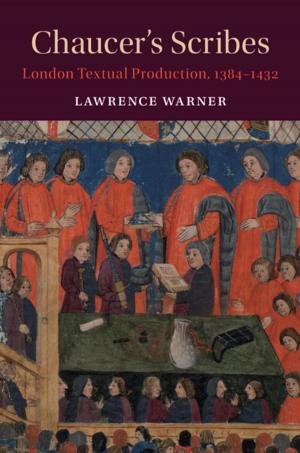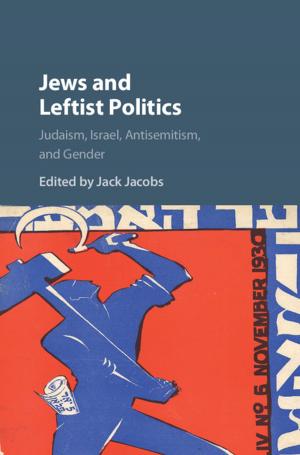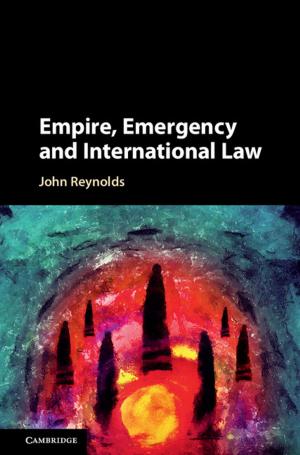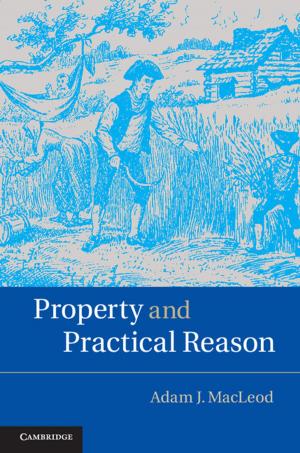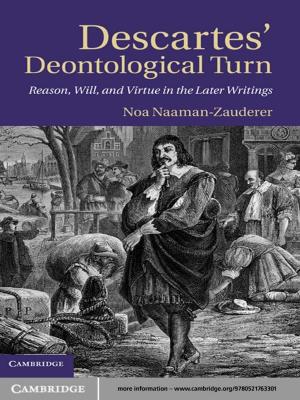The Life of the Longhouse
An Archaeology of Ethnicity
Nonfiction, Social & Cultural Studies, Social Science, Archaeology, History| Author: | Peter Metcalf | ISBN: | 9780511700453 |
| Publisher: | Cambridge University Press | Publication: | December 14, 2009 |
| Imprint: | Cambridge University Press | Language: | English |
| Author: | Peter Metcalf |
| ISBN: | 9780511700453 |
| Publisher: | Cambridge University Press |
| Publication: | December 14, 2009 |
| Imprint: | Cambridge University Press |
| Language: | English |
For two centuries, travellers were amazed at the massive buildings found along the rivers that flow from the mountainous interior of Borneo. They concentrated hundreds of people under one roof, in the middle of empty rainforests. There was no practical necessity for this arrangement, and it remains a mystery. In this book Peter Metcalf provides an answer by showing the historical context, using both oral histories and colonial records. The key factor was a pre-modern trading system that funneled rare and exotic jungle products to China via the ancient coastal city of Brunei. Meanwhile the elite manufactured goods traded upriver shaped the political and religious institutions of longhouse society. However, the apparent permanence of longhouses was an illusion. In historical terms, longhouse communities were both mobile and labile, and the patterns of ethnicity they created more closely resemble the contemporary world than any stereotype of 'tribal' societies.
For two centuries, travellers were amazed at the massive buildings found along the rivers that flow from the mountainous interior of Borneo. They concentrated hundreds of people under one roof, in the middle of empty rainforests. There was no practical necessity for this arrangement, and it remains a mystery. In this book Peter Metcalf provides an answer by showing the historical context, using both oral histories and colonial records. The key factor was a pre-modern trading system that funneled rare and exotic jungle products to China via the ancient coastal city of Brunei. Meanwhile the elite manufactured goods traded upriver shaped the political and religious institutions of longhouse society. However, the apparent permanence of longhouses was an illusion. In historical terms, longhouse communities were both mobile and labile, and the patterns of ethnicity they created more closely resemble the contemporary world than any stereotype of 'tribal' societies.
